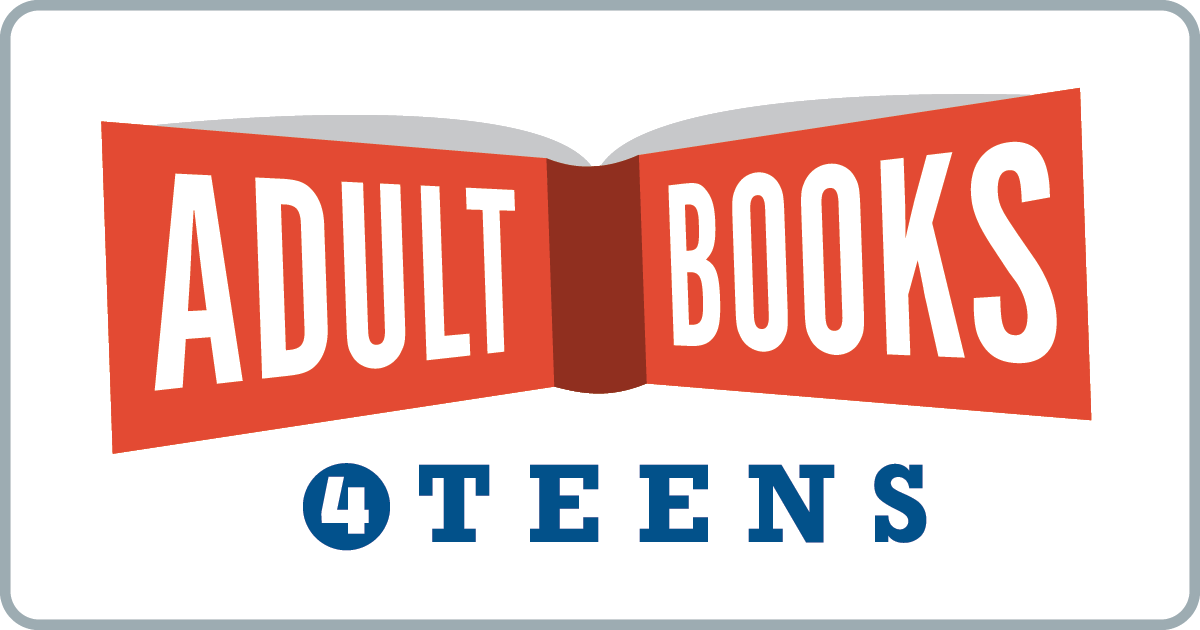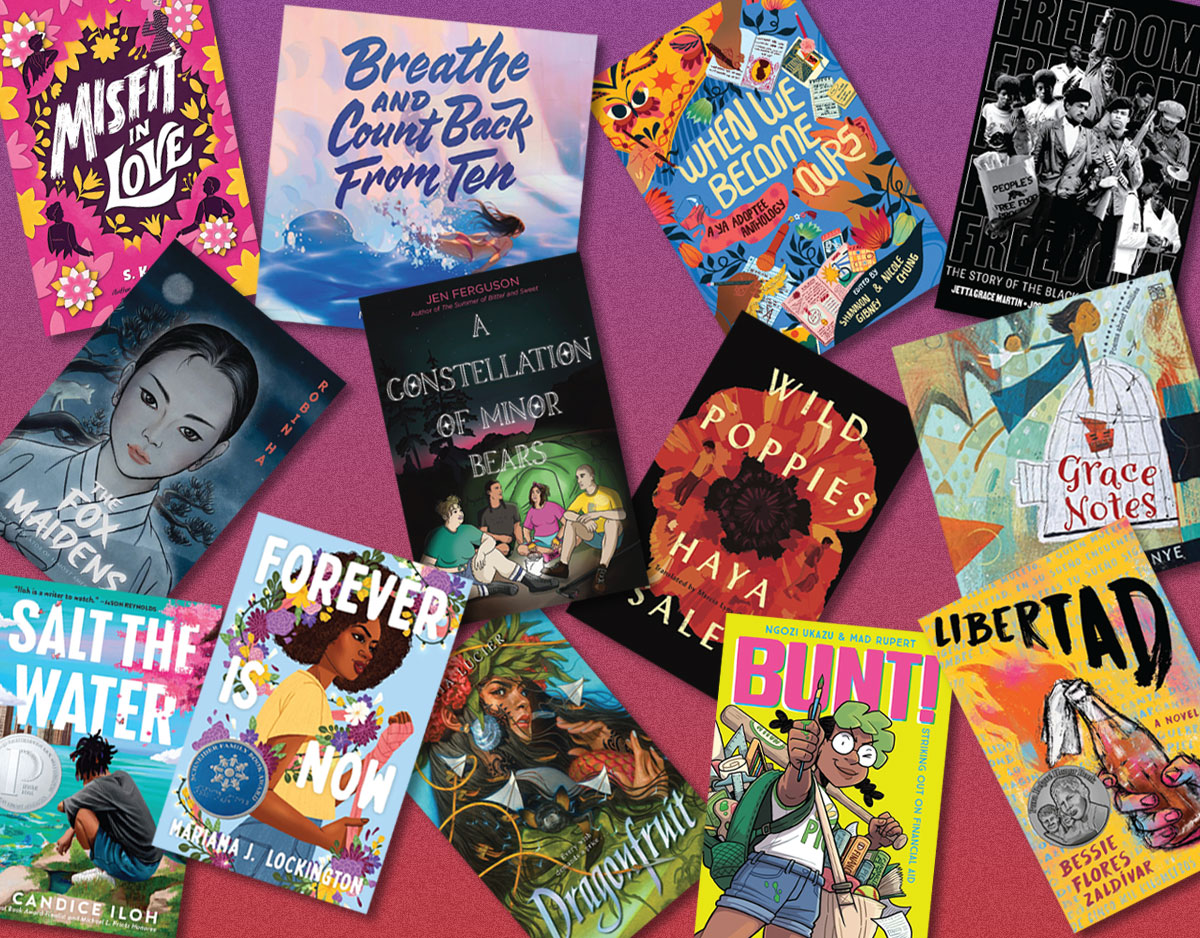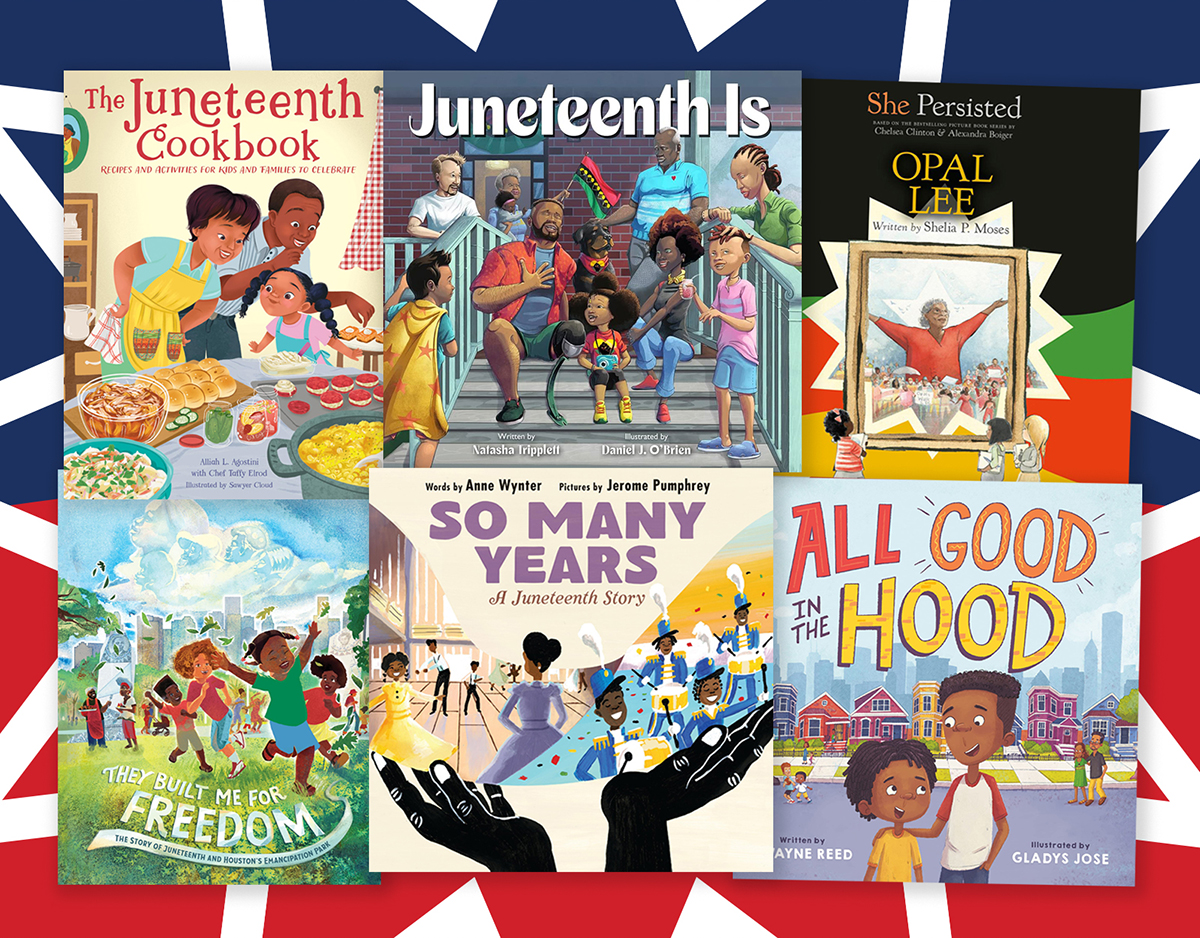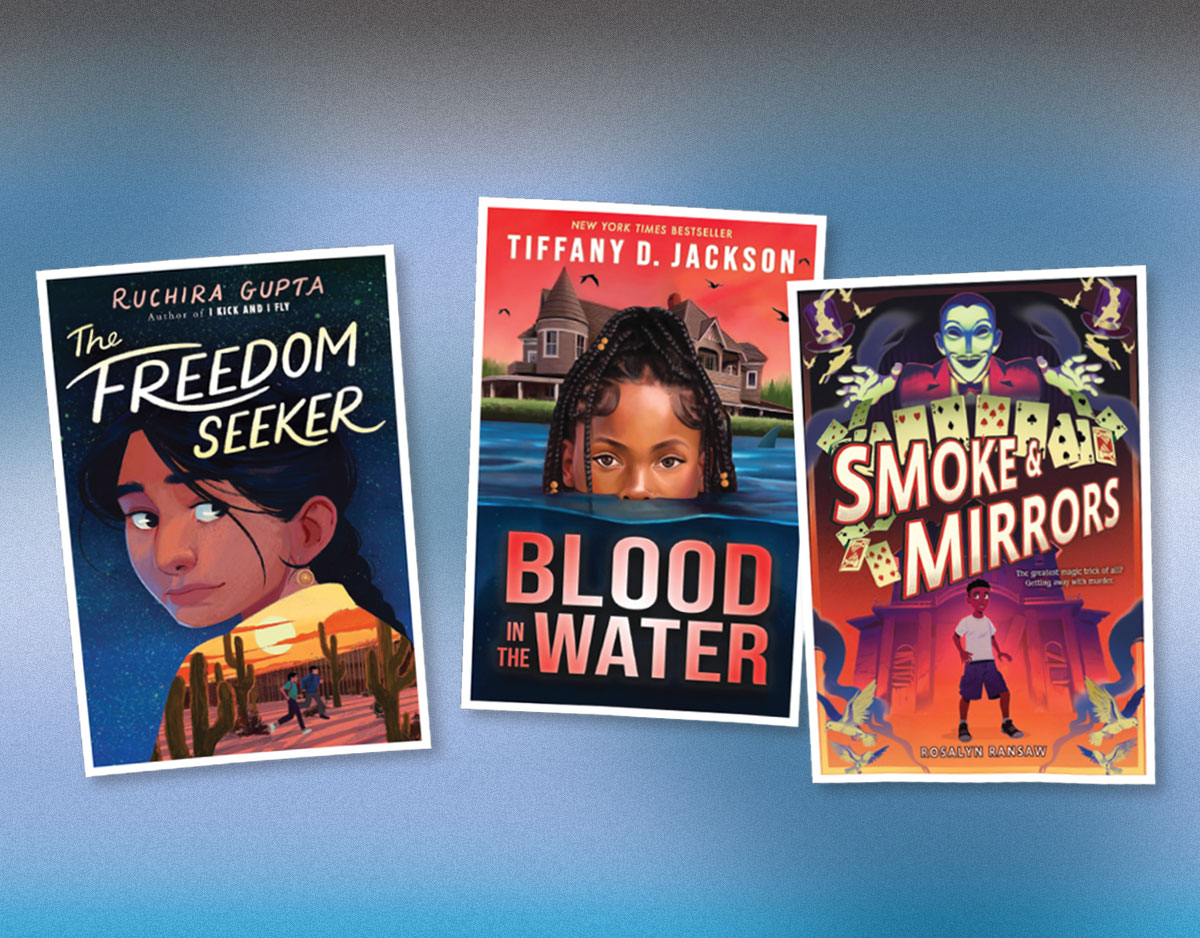SCROLL DOWN TO READ THE POST
The Problem with Stories about Amnesia (Solved by Robert Glancy and Jason Bourne)
Anyone who cares about narrative, movies, or both should be reading Matt Bird’s Cockeyed Caravan blog. He spends most of his time there deconstructing the narrative structure of Hollywood movies and explaining how and why movies do (and don’t) work. But while he only discusses movies (and usually big-budget Hollywood ones at that), his insights are invaluable for anyone interested in the way narrative works in any kind of fiction. I’ve cited his ideas many times over on my personal blog and in conversations with other book lovers.
For the last week or so, he’s been looking at The Bourne Identity, which, aside from the spying and car chases, has a very similar underlying structure to Robert Glancy’s Terms & Conditions, reviewed below. As I say in my review, it’s a very well-worn amnesia plot, which Matt describes much better than I did in my review:
ADVERTISEMENT
ADVERTISEMENT
There are lots of movies in which the hero has some form of amnesia or memory-tampering, only to discover that, in the life he can’t remember, he was actually, gasp, one of the bad guys…But don’t worry, there’s still time to do the right thing!
The problem with this plot, Matt says, is that it doesn’t make much sense. Why would someone change into a “good guy” just because he gets amnesia?
The idea that, if we could start again with a clean slate, we’d all naturally choose to be nobly heroic action figures, even it means rejecting everyone from our past life (indeed, entering into a “kill or be killed” relationship with them) seems utterly vainglorious.
The Bourne Identity solves this dilemma by reversing the order of events: rather than Bourne’s amnesia causing him to become a “good guy”, it is a mental crisis over the fact that he’s a bad guy which causes his amnesia. Interestingly, Glancy’s novel uses the exact same technique.
Of course, since the revelation of this solution to the “amnesia problem” occurs at the end of both works, we need something to keep us occupied in the meantime. Bourne offers us thrills, and Glancy offers us laughs. His idea of using a lawyer who writes terms and conditions as his protagonist is nothing short of brilliant, as it leads to endless variations on the theme of terms and conditions, and endless footnotes to clarify (or sometimes muddy) the narrator’s thoughts. I wouldn’t say this is the most teen-friendly title we’ve reviewed here–the narrator is a bit older, and spends a lot of time thinking about his job and his marriage. But the humor alone, along with the search for identity should be more than enough to appeal to literate teens.
 GLANCY, Robert. Terms & Conditions. 272p. Bloomsbury USA. Apr. 2014. Tr $26. ISBN 9781620406434; ebk. ISBN 9781620406441.
GLANCY, Robert. Terms & Conditions. 272p. Bloomsbury USA. Apr. 2014. Tr $26. ISBN 9781620406434; ebk. ISBN 9781620406441.
Glancy takes a relatively standard-issue amnesia story–a man loses his memory; he begins to regain memory; he realizes he doesn’t like the person he was before he lost his memory; and he takes the opportunity of his amnesia to become a better person, usually through a relationship with a woman. Glancy brings his story crackling to life with his quirky sense of humor and an ingeniously designed metaphor embodied in the novel’s title. The amnesiac is Frank, a contract lawyer who specialized in making contracts unbreakable (or breakable, depending on the client) through fine print—-those “terms and conditions” that no one reads. Much of Glancy’s humor resides in his own version of terms and conditions–hilarious footnotes, many of which go on for well over a page and often directly contradict the main text. Meanwhile, Frank’s slow path back to memory revolves around the mystery of what caused the “little episode” he had just before his car accident. The solution to that mystery brings to the fore the novel’s central theme: what is it that makes a man—his actions or his intentions? Frank’s answer to that question and his path to full personhood should resonate well with teens on their path to adulthood.–Mark Flowers, John F. Kennedy Library, Vallejo, CA
Filed under: Humor
About Mark Flowers
Mark Flowers is the Young Adult Librarian at the John F. Kennedy Library in Vallejo, CA. He reviews for a variety of library journals and blogs and recently contributed a chapter to The Complete Summer Reading Program Manual: From Planning to Evaluation (YALSA, 2012). Contact him via Twitter @droogmark
ADVERTISEMENT
SLJ Blog Network
Instagramming ALA 2025 (Part II)
Review of the Day: Freya and the Snake by Fredrik Sonck, ill. Jenny Lucander
Love in the Palm of His Hand, vol. 1 | Review
Book Review: The Dead of Summer by Ryan La Sala
The Classroom Bookshelf is Moving
ADVERTISEMENT
ADVERTISEMENT







